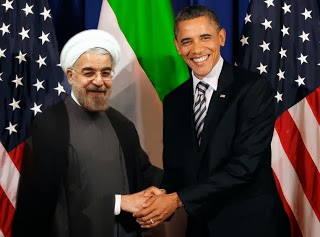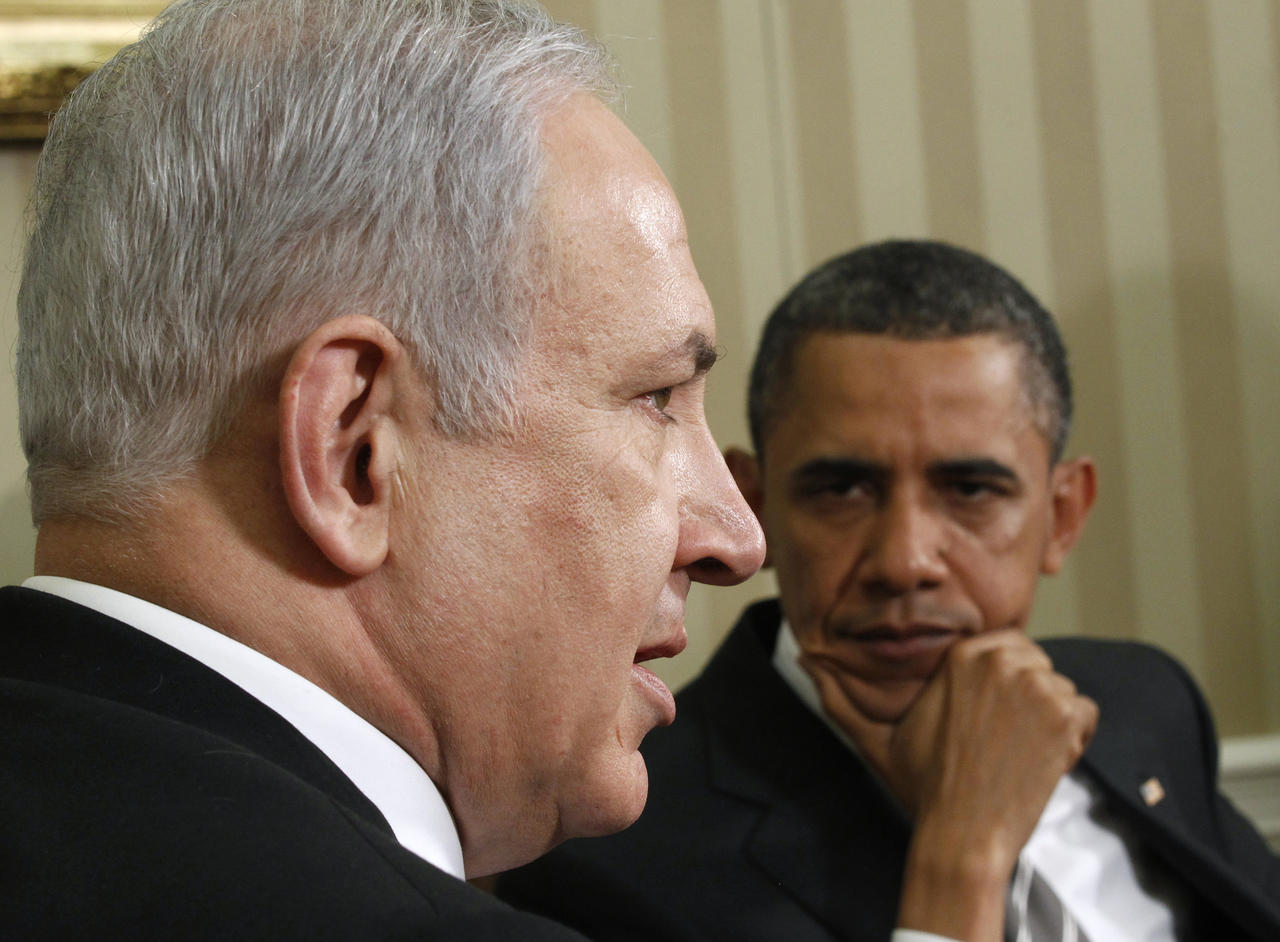I can’t pretend to be shocked, anymore:
Every member of an Iraqi delegation of minority groups, including representatives of the Yazidi and Turkmen Shia religious communities, has been granted visas to come for official meetings in Washington — save one. The single delegate whose visitor visa was denied happens to be the group’s only Christian from Iraq.
[…] to her face, consular officer Christopher Patch told her she was denied because she is an “IDP” or Internally Displaced Person. “That really hurt,” she said. Essentially, the State Department was calling her a deceiver.
[…]
In reality, Sister Diana wanted to visit for one week in mid-May. She has meetings set up with the Senate and House foreign-relations committees, the State Department, USAID, and various NGOs. In support of her application, Sister Diana had multiple documents vouching for her and the temporary nature of her visit. She submitted a letter from her prioress, Sister Maria Hana. It attested that the nun has been gainfully employed since last February with the Babel College of Philosophy and Theology in Erbil, Kurdistan, and is contracted to teach there in the 2015–16 academic year.
(source: With Malice Toward Nun | National Review Online)
This administration’s trend toward choosing winners and losers, and especially its idiosyncratic approach that manages to be both morally and strategically objectionable, all at once, is pretty obvious by now. “Winners” include state sponsors of terrorism, an industry devoted to killing babies for convenience, and corrupt insurance companies. “Losers” include nuns who help the poor, peoples displaced by “jayvee” religious conquerors, diplomats whose rescue would involve admitting to a poor security situation exacerbated by systematic neglect, and people who want to earn a living and provide a service in a manner which reflects their cultural and religious commitment to the common good.
“Winners” get treated like this:

“Losers” like this:

Fortunately, to some extent, “what goes around, comes around”:
Because the long-term prospects, for winners and losers, are much worse than a bit of practical small-group dynamics and “messaging.”
